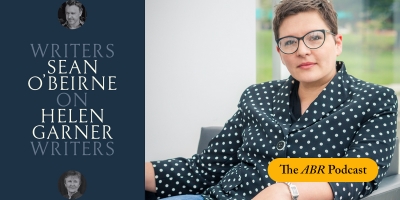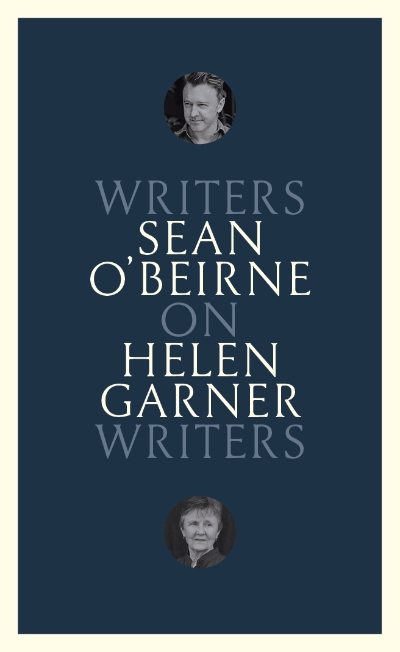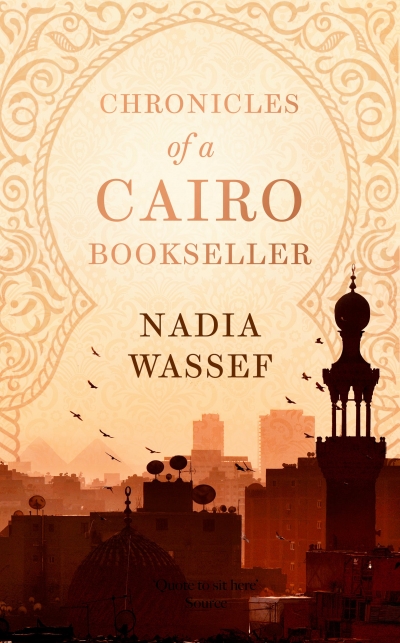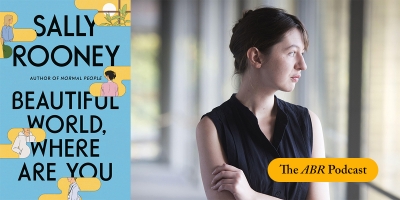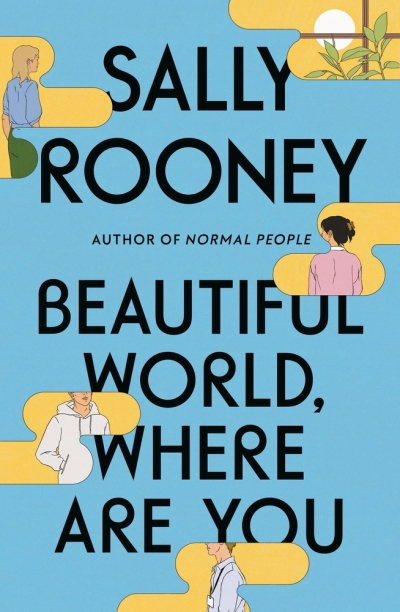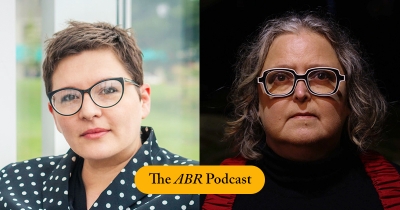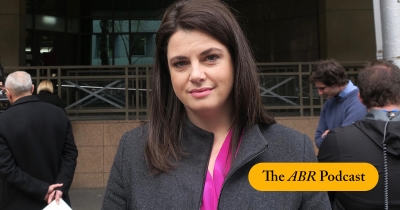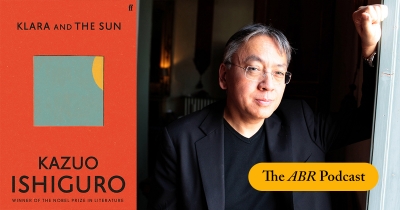Beejay Silcox
The Writers on Writers series aims to tease some of Australia’s literary treasures out of the Aladdin’s cave of canonicity. A collaboration between publisher Black Inc., the University of Melbourne, and the State Library of Victoria, it began in 2017 with Alice Pung’s book on John Marsden and Erik Jensen’s on Kate Jennings. The series now boasts eleven titles, the most recent of which is Sean O’Beirne’s book on Helen Garner ...
... (read more)‘I would like to write about dominance, revulsion, separation, the horrible struggles between people who love each other,’ wrote Helen Garner, foreshadowing How to End a Story, the final instalment of her published diaries, following Yellow Notebook (2019) and One Day I’ll Remember This (2020). While the first two volumes spanned eight years apiece, How to End a Story spans only three. Starting in 1995, shortly after shortly after the release of Garner’s The First Stone, it details the dissolution of her marriage to another writer, V. As Lisa Gorton notes, this volume differs from its precursors both in tone and focus: ‘This one is as compelling as a detective story. This one is edited with the sense of an ending.’
... (read more)It’s difficult to imagine a more hotly anticipated novel than Irish author Sally Rooney’s Beautiful World, Where Are You. Fiercely embargoed advance copies have sold for vast sums on eBay, and British publisher Faber even set up a custom Sally Rooney store – featuring branded bucket hats, tote bags, and a coffee truck. The author’s two prior works, Conversations with Friends and Normal People, garnered critical acclaim for their insights into young love in the modern age, with pundits even declaring her ‘the first great Millennial novelist’. ABR critic Beejay Silcox delves into Rooney’s latest work for our October issue, available to read tomorrow, September 30. In today’s episode, Beejay first discusses the entangled process of critiquing Beautiful World, Where Are You, before reading her review in full.
... (read more)On 4 August 2020, Theodore Ell was living in Beirut, Lebanon, when an explosion erupted at the local port, killing more than 200 people and injuring more than 7,500. Ell and his wife, a diplomat, survived, but were badly shaken. At the encouragement of his close friend Beejay Silcox, Ell turned his experience into the essay ‘Façades of Lebanon’, a harrowing, intimate piece of reportage, and the deserving winner of the 2021 Calibre Essay Prize. In today’s episode, listen to Ell in conversation with Silcox about the inception of his prize-winning work, the balancing act of writing trauma and place, the historical complexities of Beirut, and more.
... (read more)Throughout her childhood, Krissy Kneen was surrounded by make-believe. At the centre of this enchanted world was her grandmother Lotty, whose prodigious fabulations not only kept her family in thrall, but also hid painful memories of poverty and forced migration. In her new memoir, The Three Burials of Lotty Kneen, Kneen retraces her grandmother's journey from Slovenia to Australia. In today's episode, Kneen sits down with her friend Beejay Silcox, a past ABR Fellow and longtime contributor, to discuss their serendipitous meeting and Kneen's journey to uncover her family's history.
... (read more)In the wake of Brittany Higgins's startling allegations of sexual abuse in Parliament House, Beejay Silcox revisits her review of Witness by award-winning journalist Louise Milligan. Witness (recently shortlisted in the 2021 Stella Prize) is an interrogative critique of the criminal trial process. It is the culmination of five years of research into how witnesses are treated (and often intimidated or worse) in court rooms.
... (read more)In 2017, Kazuo Ishiguro won the Nobel Prize for Literature for his masterful novels, which, in the judges’ words, uncover 'the abyss beneath our illusory sense of connection with the world'. His new work, Klara and the Sun, is his first novel published since winning the Nobel Prize. In today's episode, Beejay Silcox discusses the novel and our expectations of the author, and reads in full her review which appears in ABR's March issue.
... (read more)
